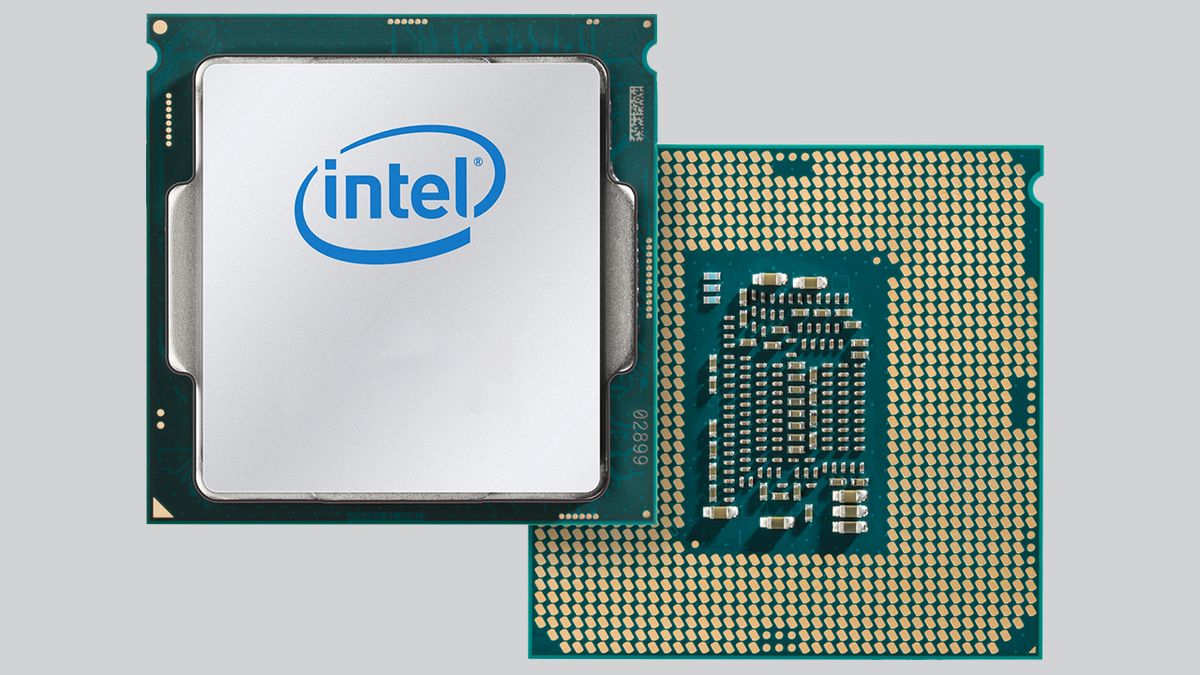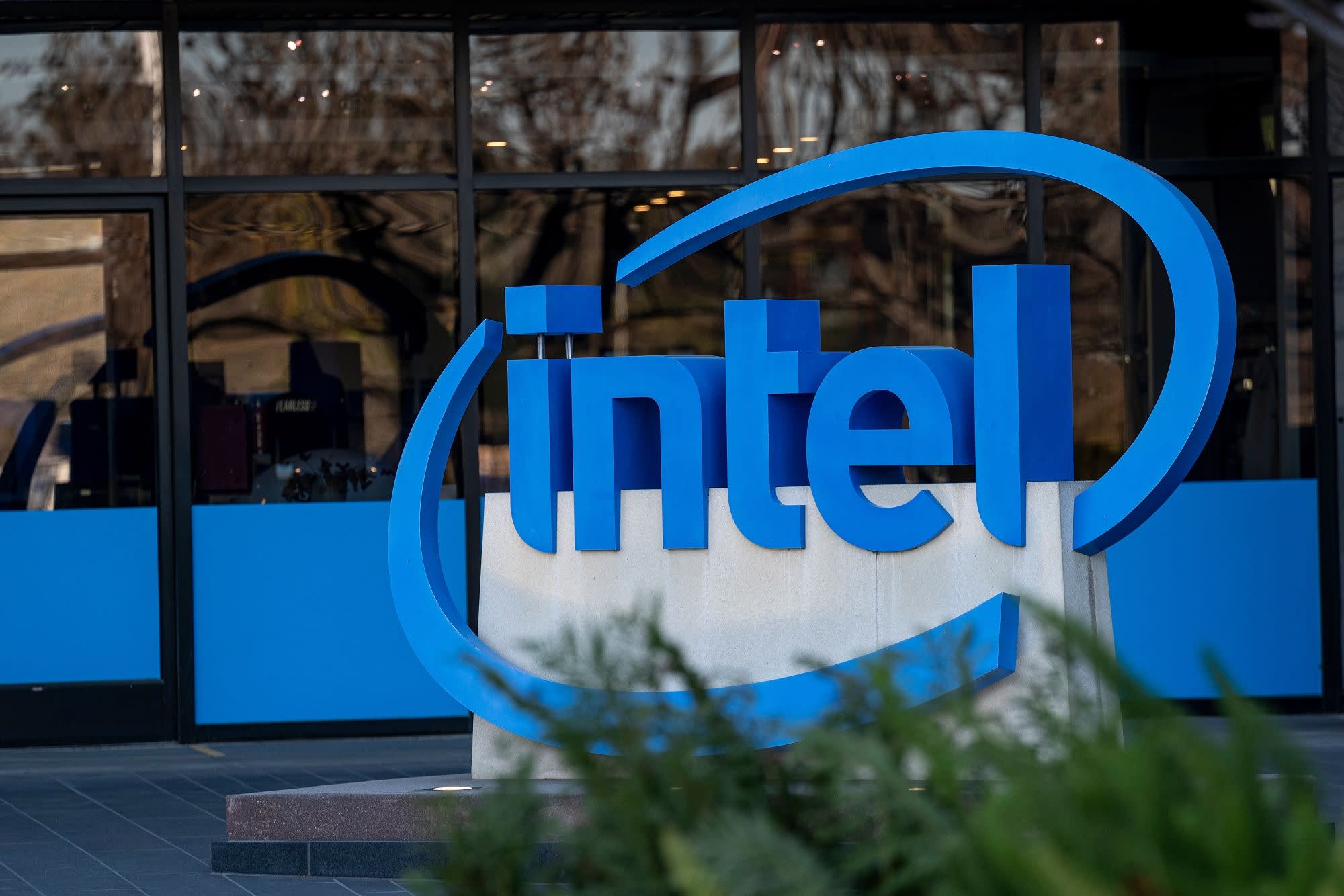
A job description on Intel's website gives us a rare glimpse at Intel's outsourcing plans. It's no secret that Intel will outsource more production to TSMC in the future, but so far, the company has been pretty vague about the details. According to the job listing, in addition to Xe-HPG GPUs and Xe-HPC compute slices, TSMC will also produce 'Atom and Xeon' system-on-chips for Intel.
"As a member of the QAT design team, you will work as the RTL integration lead within the Custom Logic ASIC Engineering group in DCG [Data Center Group]," the job description at Intel's website (found by @Komachi_Ensaka) reads. "You will play a key role in the development and integration of QAT into Atom & Xeon based SoC on Intel and TSMC process, you will work with the IP/SoC integration team and collaborate with the SoC design, validation and emulation teams to ensure successful integration validation of the QAT IP."
Intel’s QuickAssist Technology (QAT) is a hardware IP designed to accelerate cryptographic and compression workloads. Over the years, Intel has incorporated QAT IP into chipsets and SoCs. The company has also offered QAT add-in-cards. Given that security and compression technologies are tremendously important for all kinds of edge, networking, storage, and server applications, Intel integrates this hardware IP into all of its processors and SoCs for the said devices.
To address various niche markets, Intel currently produces numerous specialized Atom and Xeon-branded SoCs. This year the company introduced Atom 'Snow Ridge' SoCs with up to 24 Tremont cores for 5G base stations, as well as Atom 'Elkhart Lake' SoCs with up to four Tremont cores for various edge and embedded computing applications. Also, Intel has Xeon D-series SoCs powered by Skylake-SP cores in its lineup that are aimed at networking and storage applications. So far, Intel has not announced a single Xeon-branded SoC with low-power Atom cores.
In its job posting, Intel does not disclose any details about the upcoming Atom and Xeon SoCs that will be produced at Taiwan Semiconductor Manufacturing Co. (TSMC).
Considering that modern Intel's Xeons use high-performance cores (with all their progressive instructions like AVX-512) and sell at premium prices, it's easy to assume that it is not particularly reasonable to outsource them to a third party since the chips are very instrumental in recouping the costs associated with Intel's own fabs. Intel's specialized Atom SoCs are not exactly cheap, but they rely on low-power cores, and they are less complex than Xeon CPUs or SoCs. To that end, it's rational that they are more likely candidates for outsourcing.
At this point, it is unclear which of TSMC's nodes Intel will use. Still, considering that we're looking at production sometime in 2021 or 2022, it's reasonable to assume that the chip giant will opt for one of TSMC's N5-class nodes (N5, N5P, N4, etc.) for performance-demanding SoCs, and/or N6 for cost-sensitive products that need an advanced process.
Historically, Intel has outsourced the production of chipsets as well as externally-designed Atom SoCs for cheap mobile devices to TSMC. As the company acquired multiple chipmakers that use TSMC's tech, like Altera, Intel's ties with TSMC have strengthened. Intel has already confirmed plans to produce its client-oriented Xe-HPG GPUs externally (which means TSMC) and is considering outsourcing Xe-HPC compute slides to a third-party (which also means TSMC).
Outsourcing specialized SoCs that can take advantage of TSMC's leading-edge nodes is rather logical for Intel. These chips have to compete against similar products by other companies that will also be produced at TSMC. Therefore, they might have the edge over SoCs made using one of Intel's 10 nm fabrication processes.
While Intel has nothing but confirmed plans to outsource part of its SoC production to TSMC, it is necessary to note that Intel sells far too many processors to outsource any significant part of its production to TSMC. Although TSMC is the world's largest contract maker of chips, its leading-edge production capacities are limited. It may not have enough capacity to serve Intel in addition to its existing clients. To that end, while TSMC will produce more Intel-branded products in the future, it is unlikely to produce a tremendous number of SKUs.
The Link LonkDecember 03, 2020 at 11:32PM
https://ift.tt/39BAHQl
Intel to Outsource 'Atom & Xeon Based SoCs' to TSMC - Tom's Hardware
https://ift.tt/2YXg8Ic
Intel

No comments:
Post a Comment